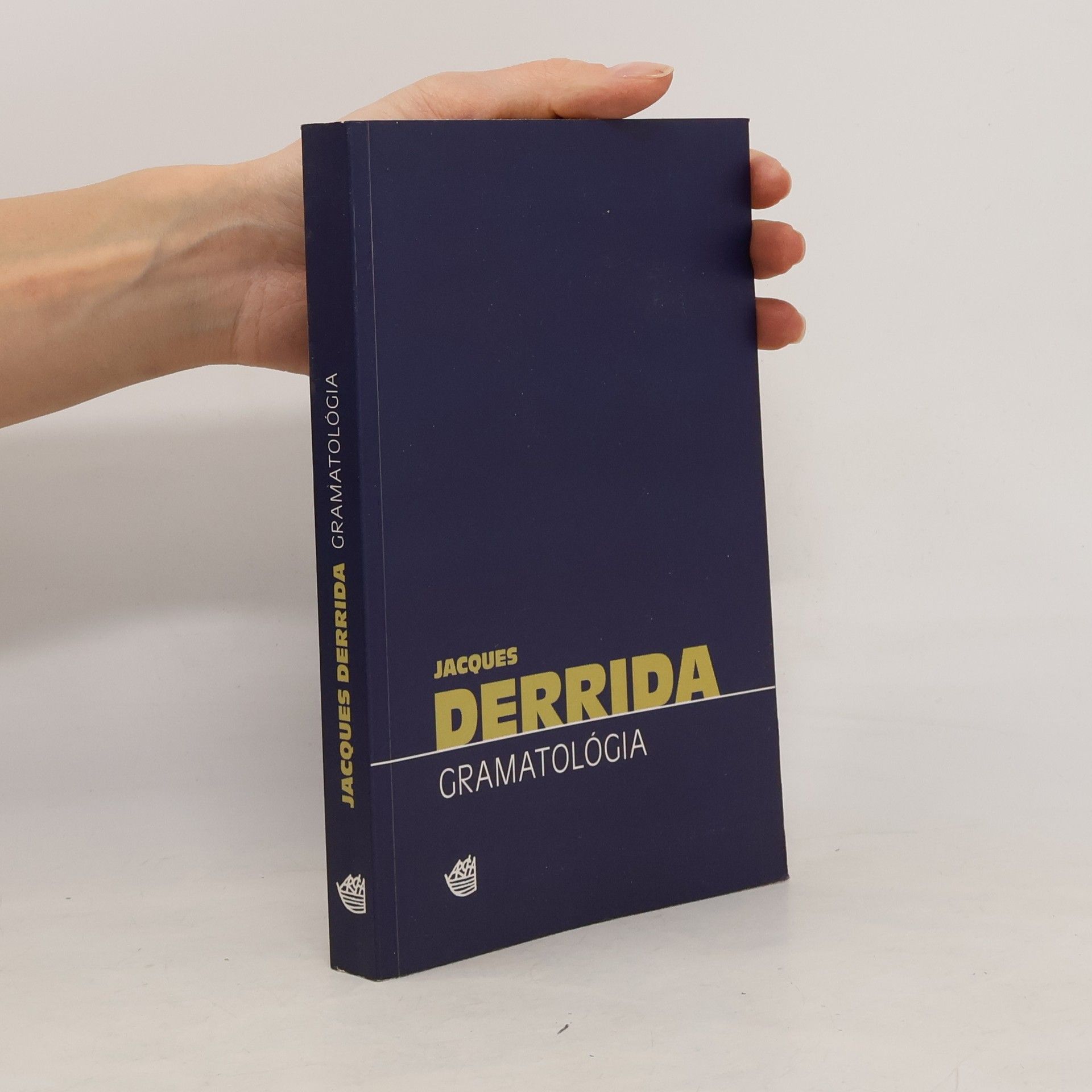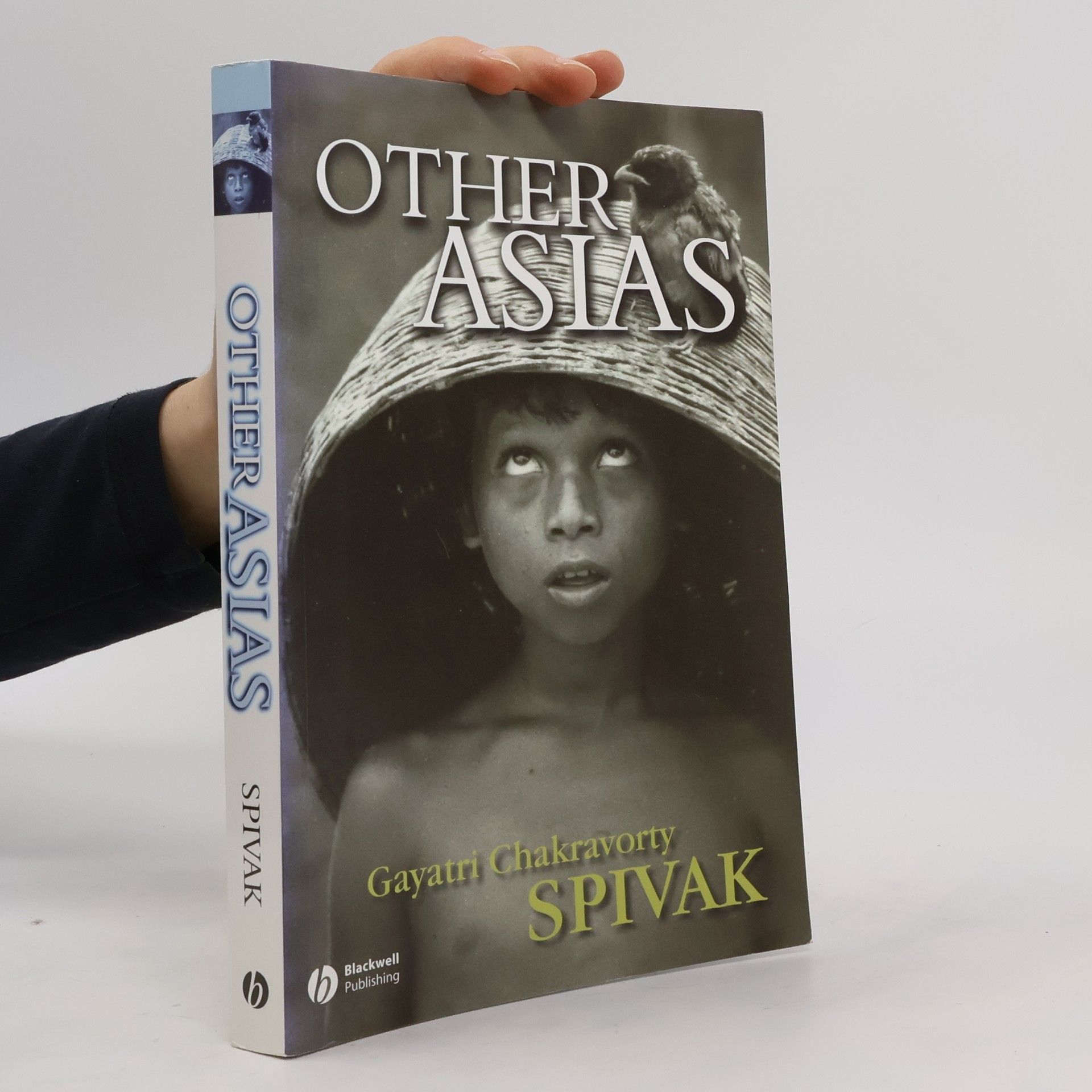Marx Sabotage
- 320 stránok
- 12 hodin čítania
Die Auseinandersetzung von Gayatri Spivak mit Marx bildet den zentralen Fokus dieses Bandes, der erstmals ihre oft übersehene Dimension des Denkens beleuchtet. Über vier Jahrzehnte hinweg hat Spivak intensiv mit Marx' Schriften gearbeitet, die sie sowohl kritisiert als auch als ständigen Begleiter ihres eigenen Schreibens betrachtet. Ihre Texte und begleitenden Gespräche zeigen eine »affirmative Sabotage« von Marx' Ideen und reflektieren ihr Bestreben, Widersprüche und Ambiguitäten auszuhalten, anstatt nach einfachen Lösungen zu streben.






